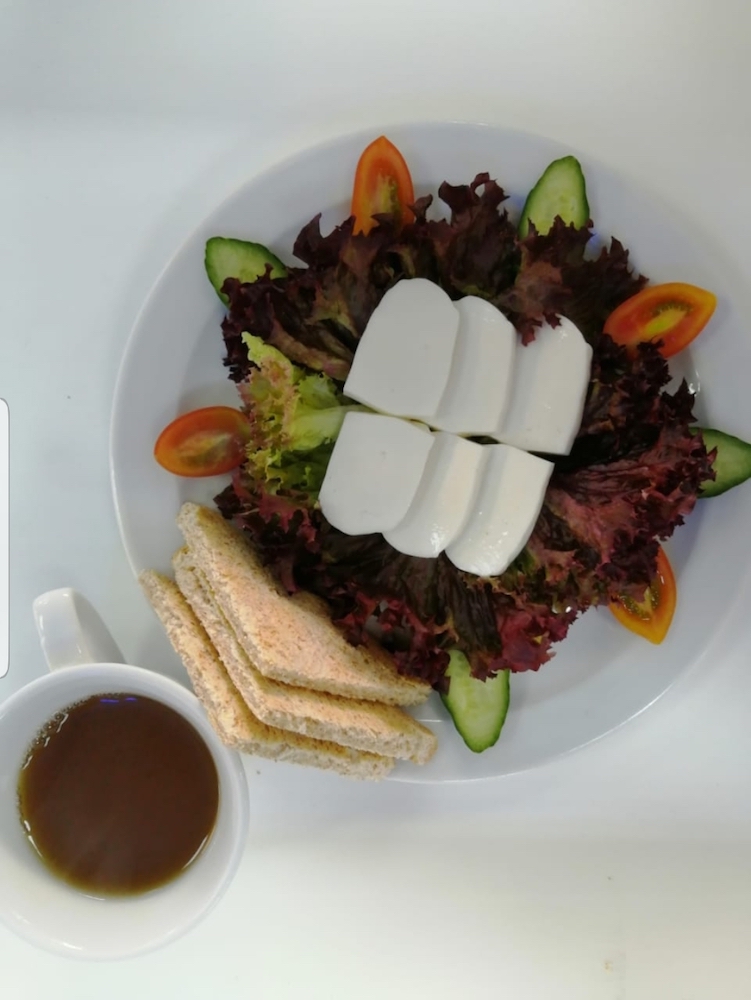DUBAI: Why eat at suhoor? Is it really the most important meal during Ramadan?
During your fast the suhoor meal is the one that will sustain you through the day without leaving you starved. It is the meal that will help you stay focused, energized, in a good mood and hydrated.
It will help stock your body with the needed vitamins and minerals, keeping you as active as possible until iftar time. It will help prevent the feeling of nausea, headaches, trembling or low blood sugar. It will also supplement any nutrient not provided by the iftar meal or nighttime snacks.
Who needs to eat at suhoor time?
If you are an active person who wakes up early to go to work, if your work demands physical energy or mental energy, or if your work demands social and psychological effort, you should always aim to be eating a suhoor meal loaded with nutrients. I am singling out journalists, TV presenters, doctors, security officers, and social workers among others.
Other people who just wake up early, who do not eat large meals or who need to have frequent meals should also consider taking this meal.
What foods should you consider eating at suhoor?
Fruits that provide you with antioxidants, vitamins, minerals and water such as watermelon, melon, oranges
Foods that come from the grain group. Make these wholegrain to increase your fiber intake and prevent constipation. Examples are oat, wholewheat bread, bran flakes, quinoa, corn bread and wholegrain rice cakes
Foods that come from the dairy group. These mainly provide the calcium, potassium and protein needed by your body. These are especially important since you need at least three servings that your iftar meal might not provide. I recommend milk, yogurt, Greek yogurt, labneh and cheese.

Let’s have a look at some suhoor ideas:
Bran flakes with a cup of milk and a pinch of cinnamon that provide your body with fiber, calcium and anti-inflammatory agents.
Banana and almond butter to provide your body with protein, potassium and fiber.
Wholewheat bread with white cheese and cucumber. Remember that the cucumber is a hydrating vegetable.
An avocado, strawberry, banana, coconut milk and chia seed smoothie. This is a quick meal that could be prepared the day before. It is loaded with monounsaturated fats, omega 3, antioxidants, potassium and fiber. It is extremely hydrating as well.
Eggs with wholewheat toast and a pinch of fennel to provide extra energy, anti-inflammatory effects, and muscle strengthening effects.
Poultry with fava beans, olive oil and tomato to provide energy, cell regeneration and hydrating nutrients.

Randa’s Tips:
Keep your meal varied in nutrients. There are many examples for different healthy suhoor meals, including the ones mentioned above. Do not get stuck with the same meal so as not to get bored! Instead, switch up your meals while staying in line with the criteria I have already set out.
Stay away from desserts and sugary foods as they will make you hungrier throughout the day.
Also stay away from very salty food such as pickles and salted nuts, specifically at suhoor, as they will make you thirsty all day long.
Keep your meal small. It is the quality that counts in this case, not the quantity.
Ramadan Kareem.








0 التعليقات:
إرسال تعليق